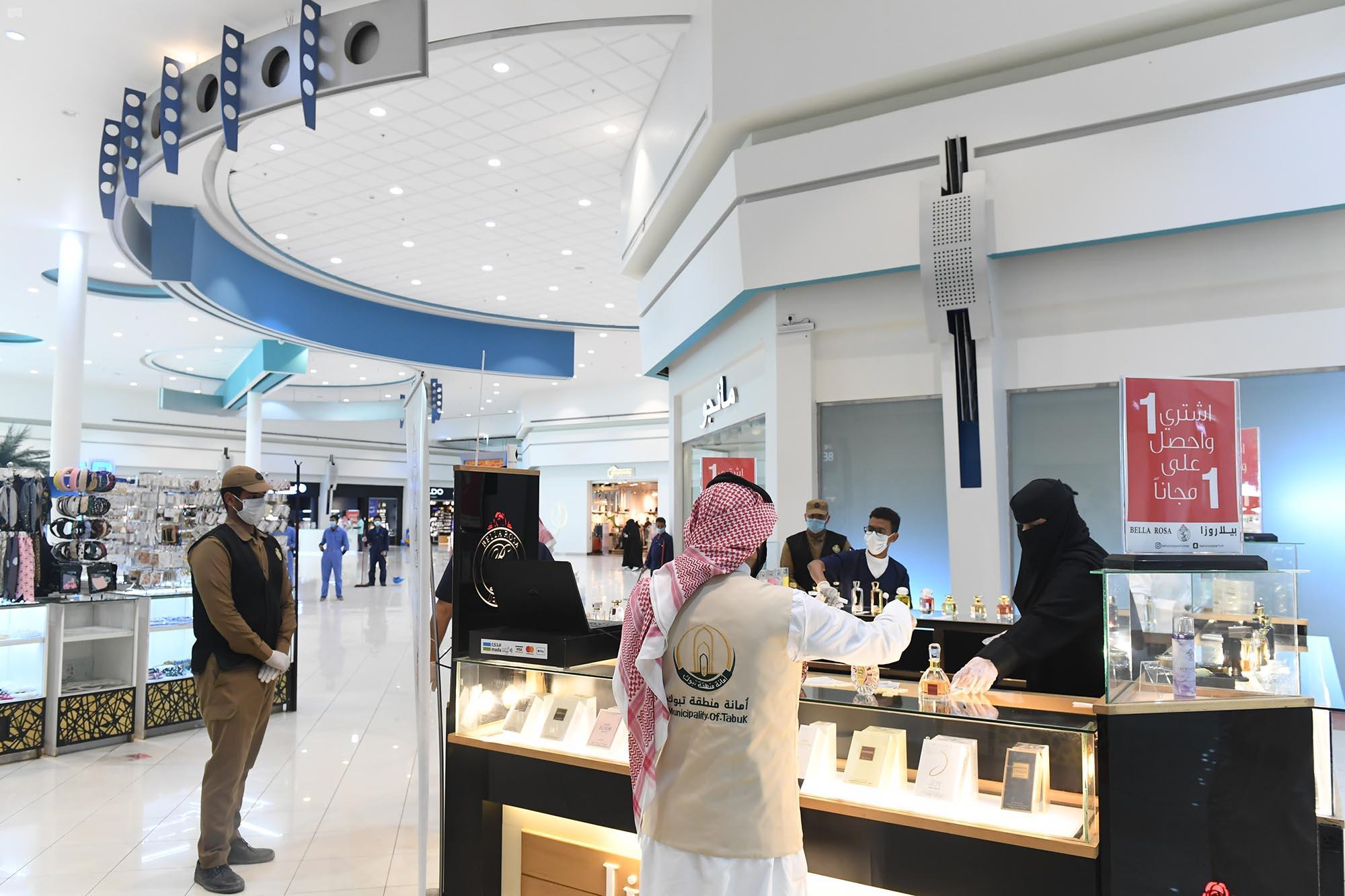Riyadh-based think tank KAPSARC recently released a report examining the estimated impact of the COVID-19 Pandemic on Saudi GDP, finding a “medium scenario” of severity as described in the report most likely.
With limited immediate economic indicators available, KAPSARC used two different approaches to estimate GDP deviations from a baseline scenario. The first estimation “is carried out within the input-output framework, using the Saudi Vision 2030 Input-Output Table (IOT) (V2030 IOT) for the year 2020 to design and evaluate three scenarios which differ in their assumptions of the severity, sectoral composition and the duration of the economic shock.”

Overall GDP is estimated to decline by -0.4% to -5.4% this year, KAPSARC estimates.
A second approach relies on nighttime light (NTL) satellite images to infer changes in overall economic activity in Saudi Arabia, taking into account the latest available observations. “The advantage of having these two different methods side-by-side lies in their complementarity. Despite being different in essence and using different sets of information, the outcomes of both are generally consistent,” the report says.
The report offers three different impact scenarios – medium, moderate and severe, given the high level of uncertainty around COVID-19.
“The medium scenario is considered the most likely at this stage,” the report concludes. “In this scenario, the negative impact of the COVID-19 economic lockdown results in a -7.0% real GDP deviation from the baseline level. The Saudi government’s fiscal countermeasures to protect the economy and mitigate the negative impact of COVID-19 are also addressed in the simulation. The direct fiscal support, which is mainly targeted at the private sector, is distributed among the economic sectors of the V2030 IOT, resulting in a positive increase of 2.5% in real GDP. Assuming a hypothetical economic expansion of 2% between 2019 and 2020 in a world where the COVID-19 crisis did not occur, year-on-year real GDP would be expected to decline by 2.8% in 2020.”
KAPSARC is an independent, non-profit institution located in Riyadh, Saudi Arabia. The Center was established by the Saudi Council of Ministers, and its facilities were opened in 2013. KAPSARC’s activities are funded in perpetuity by an endowment provided by the Government of Saudi Arabia.









